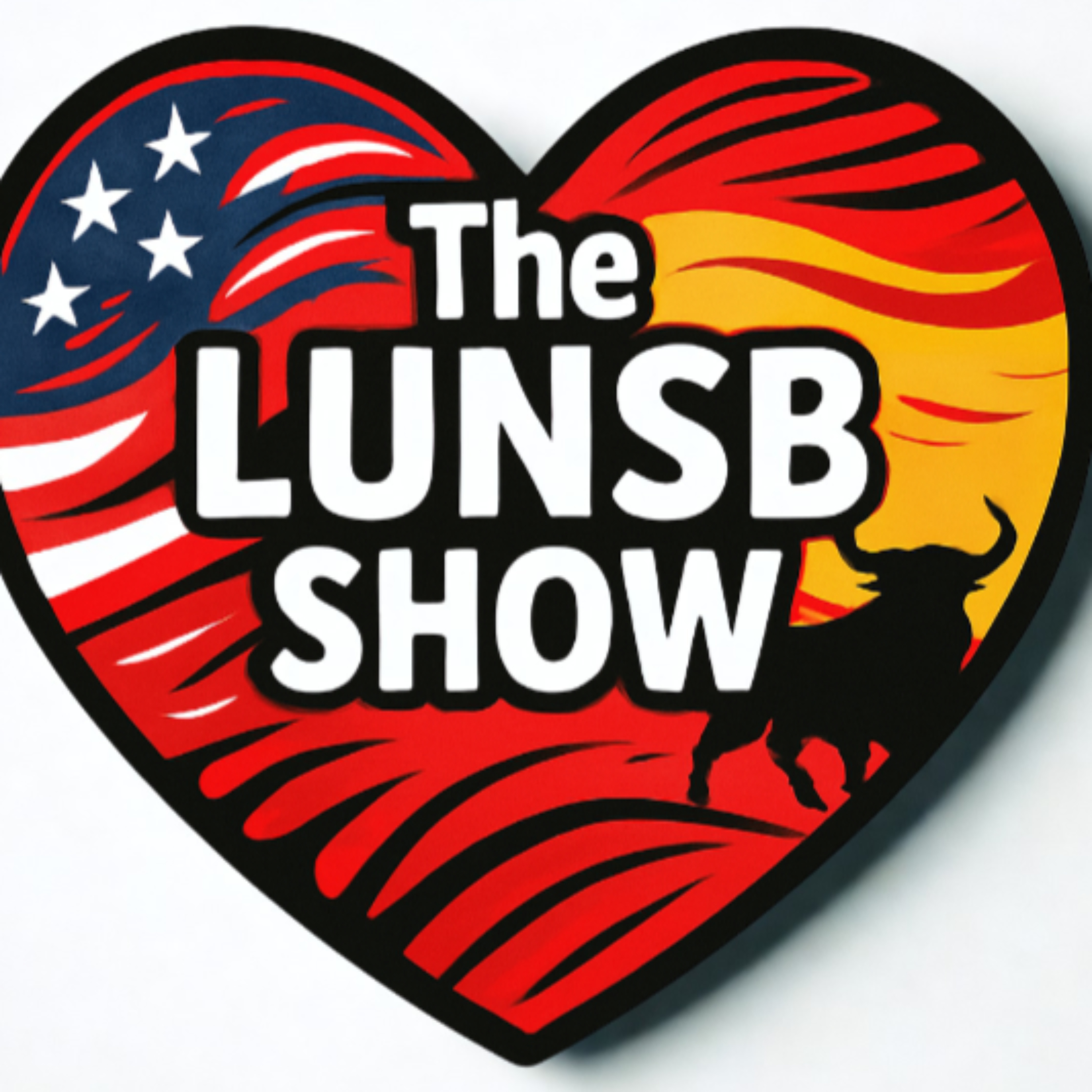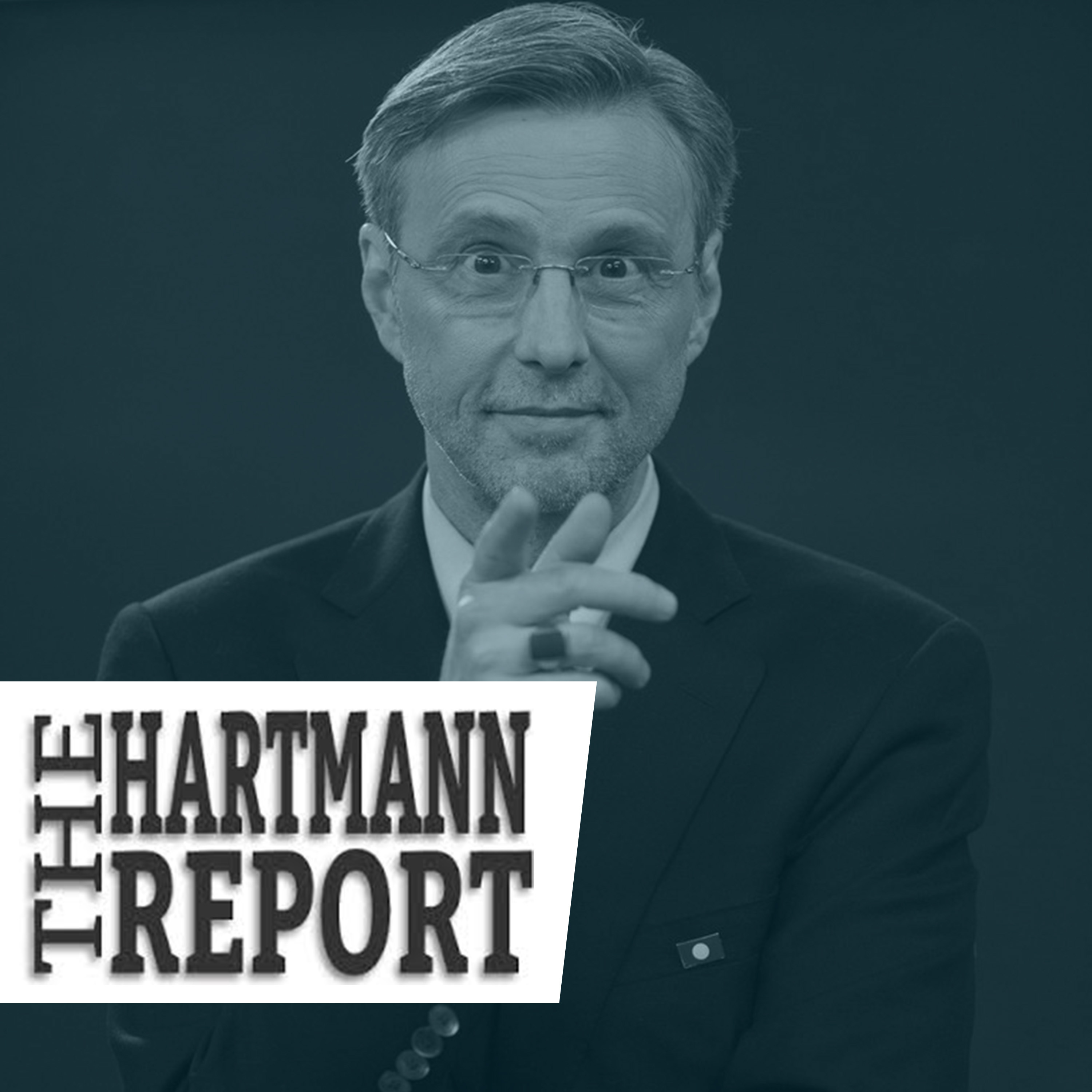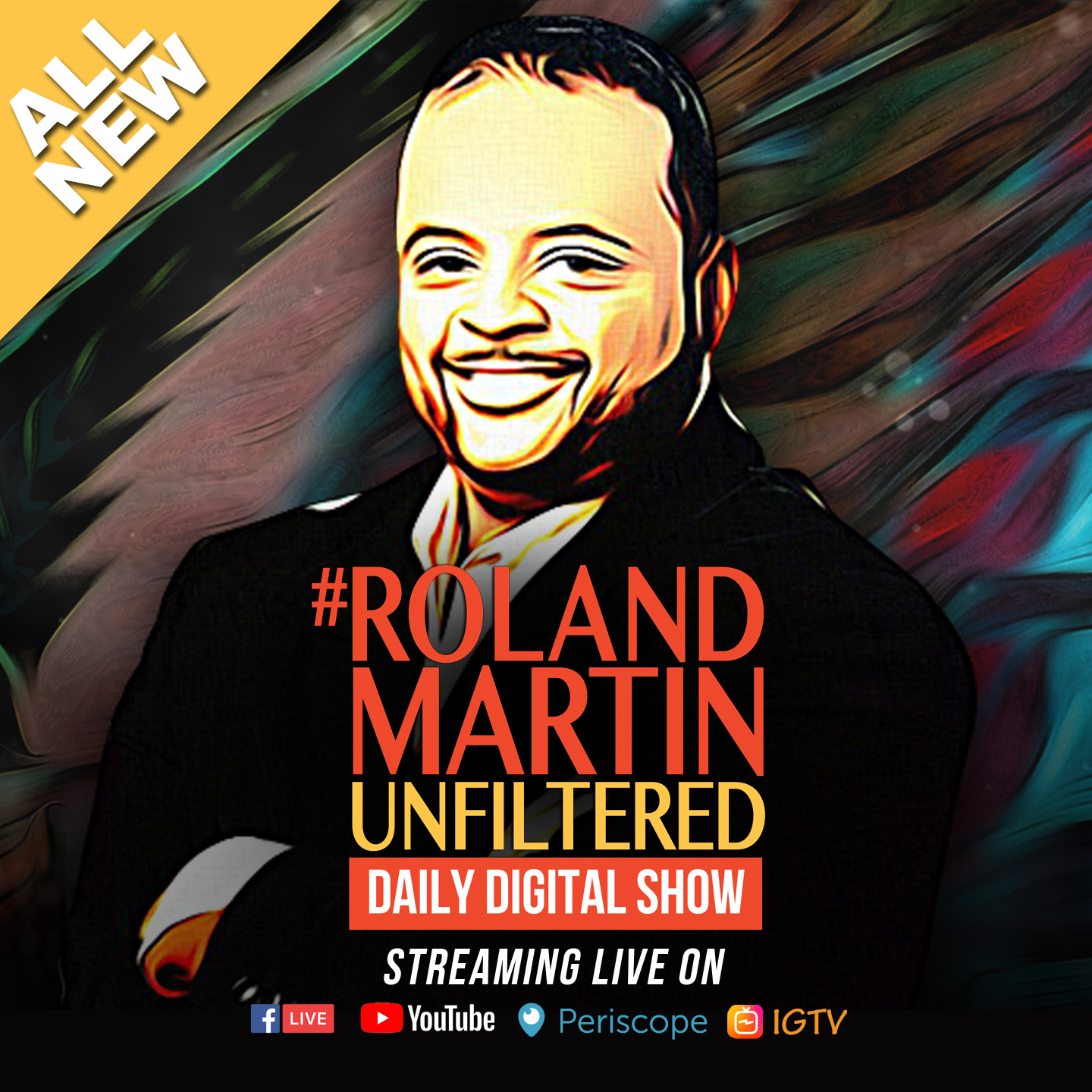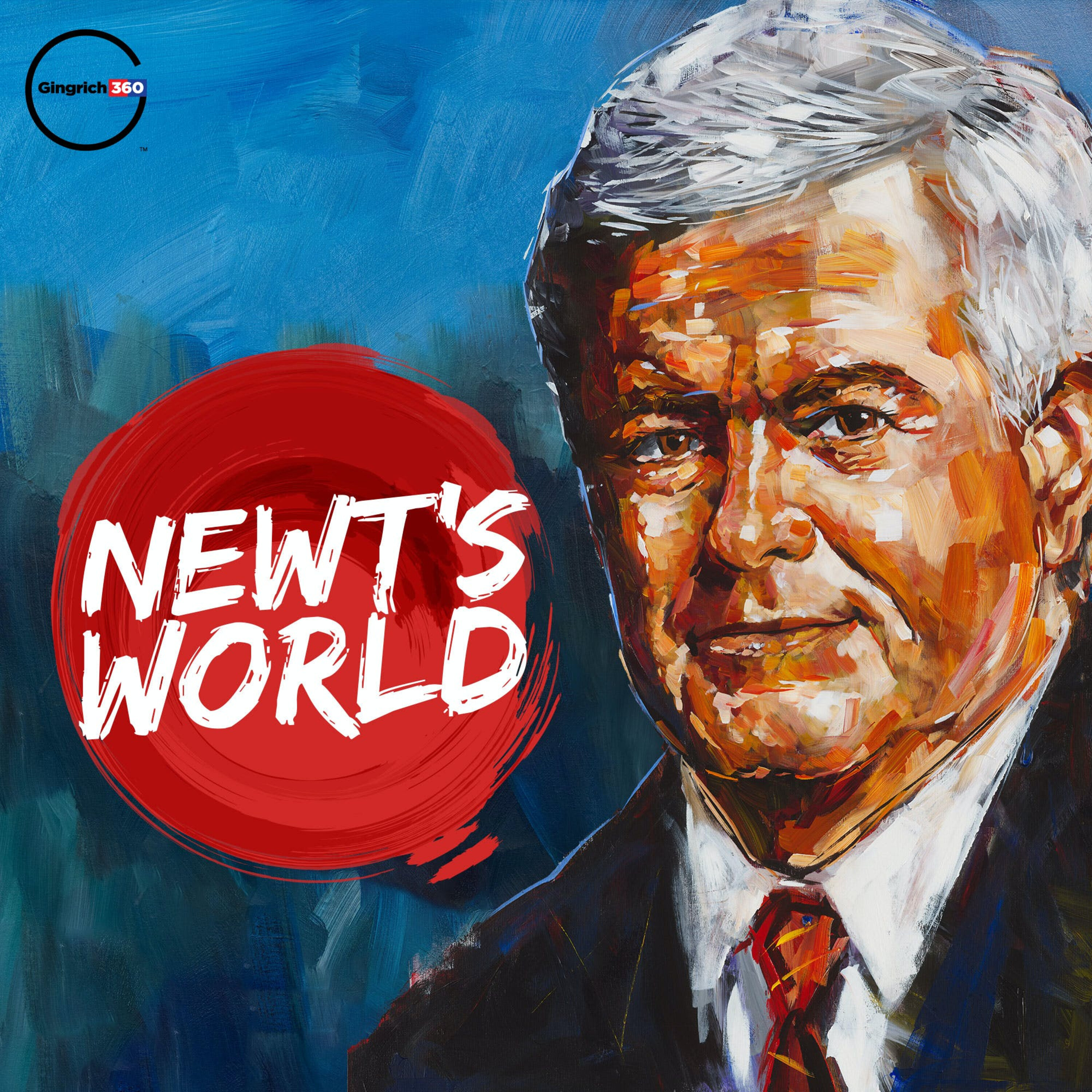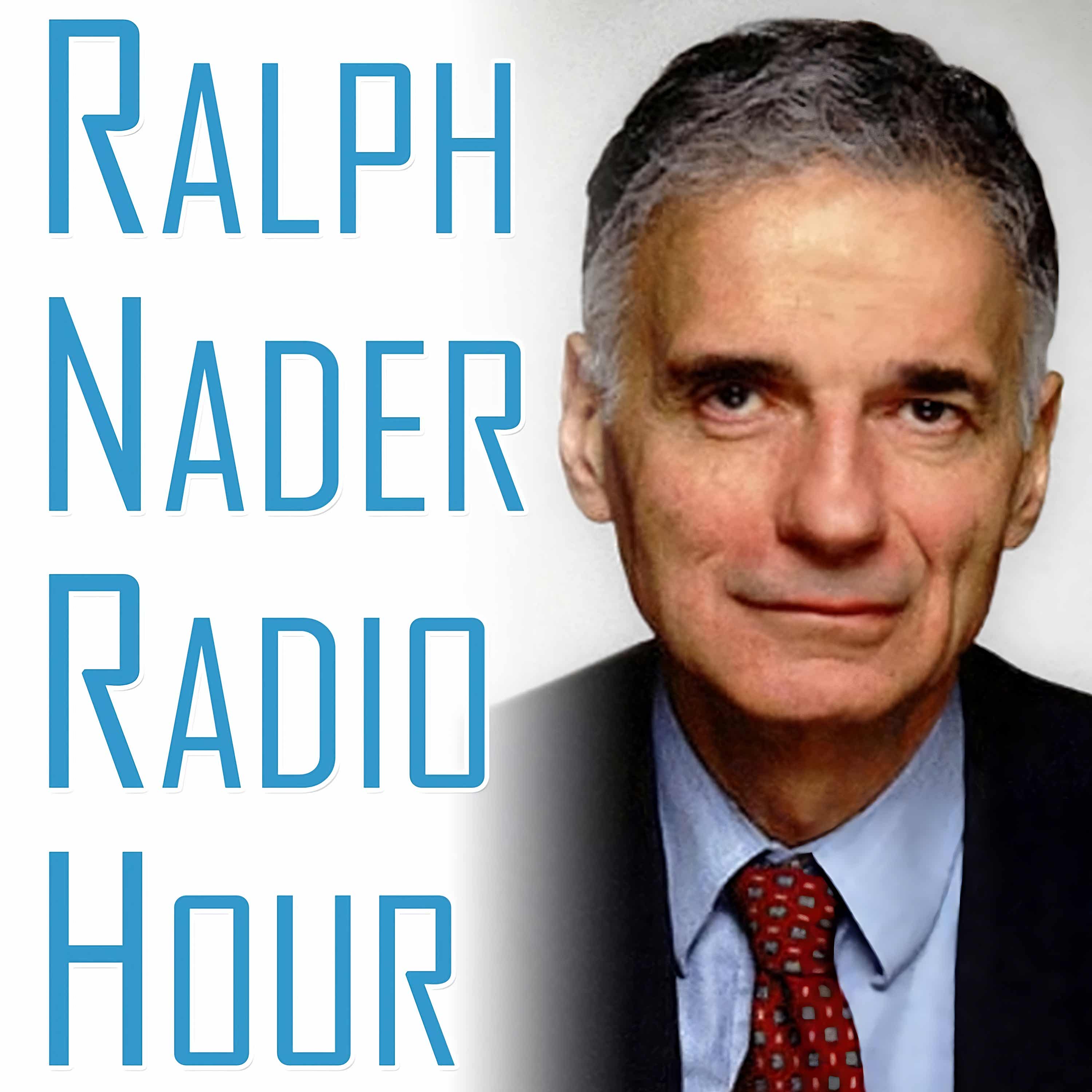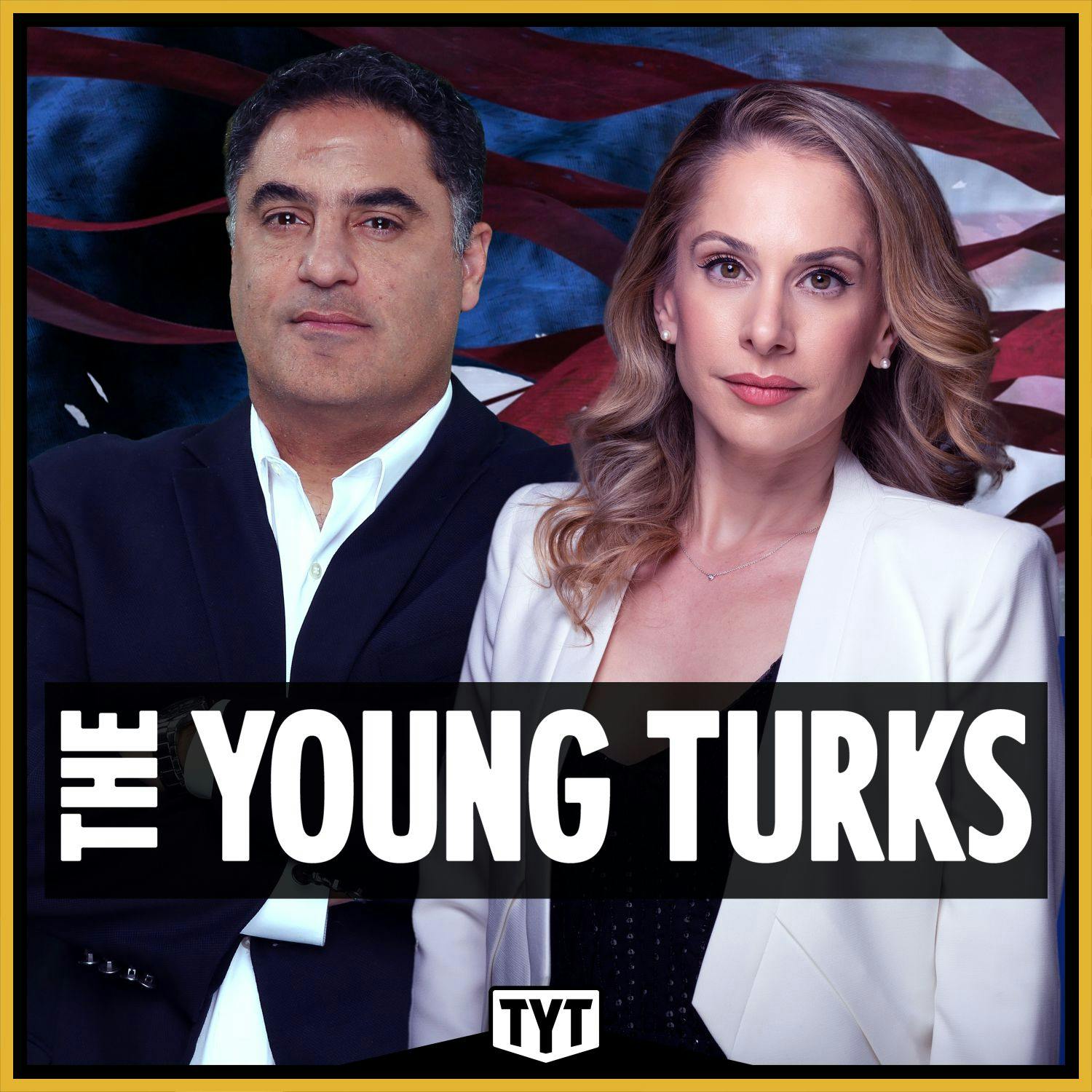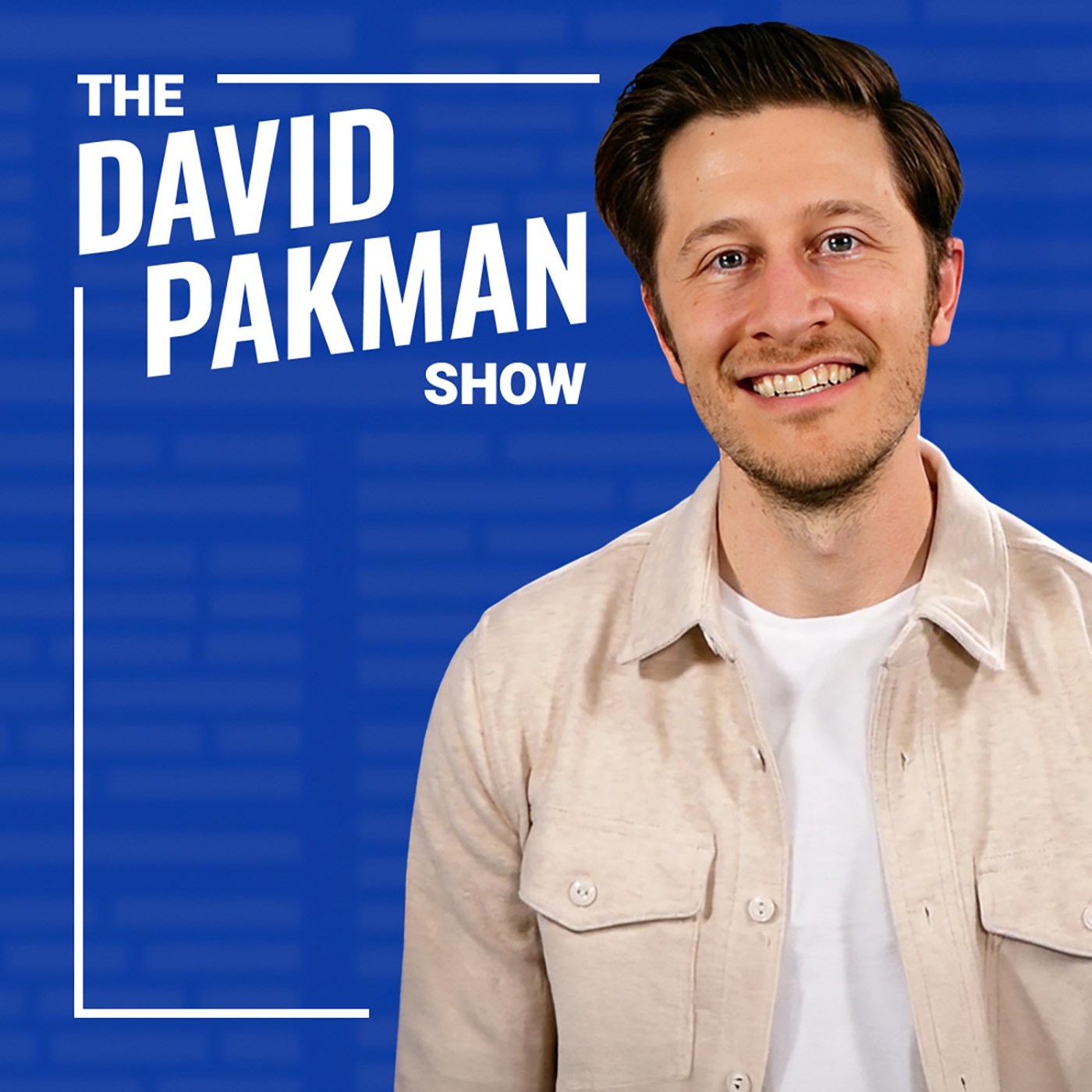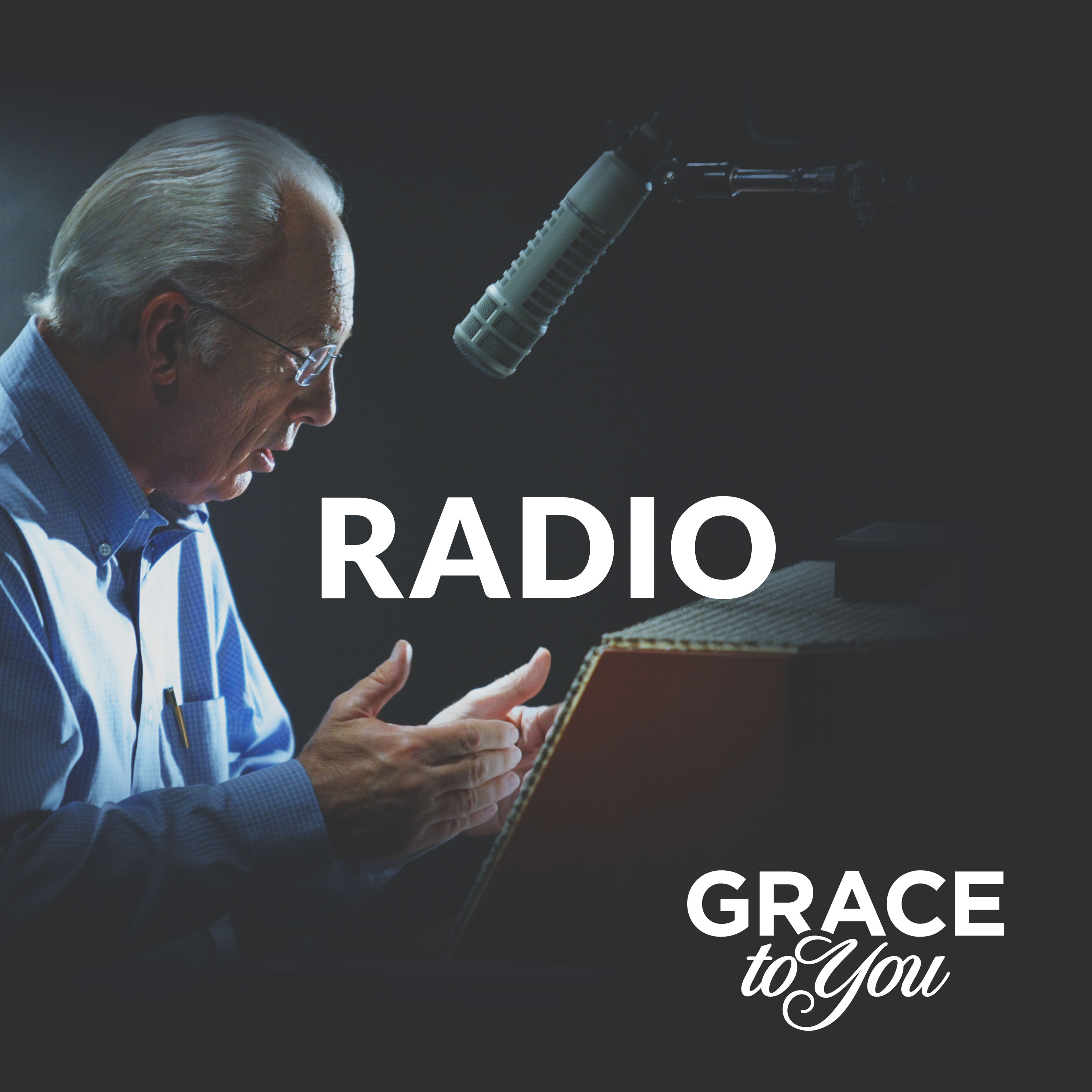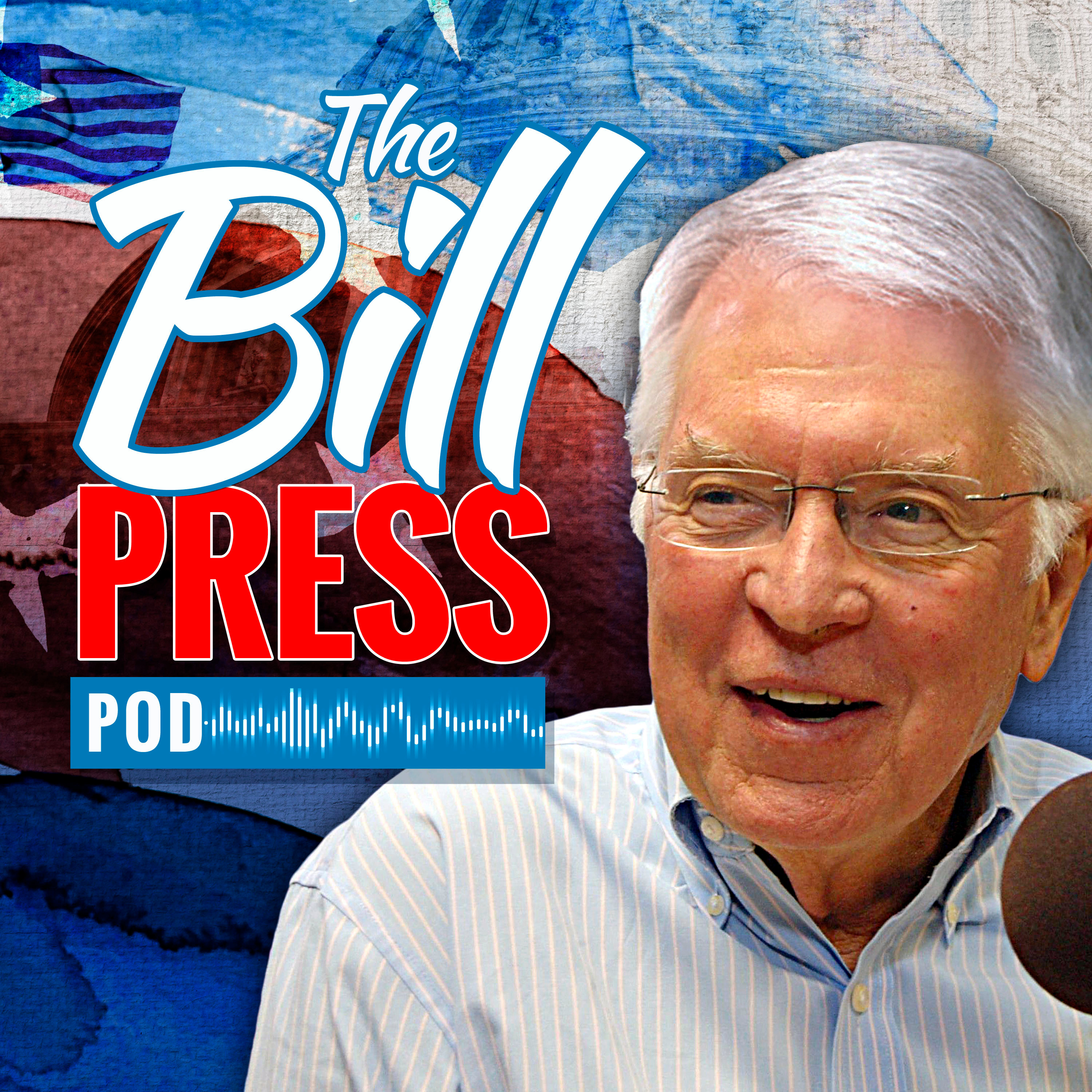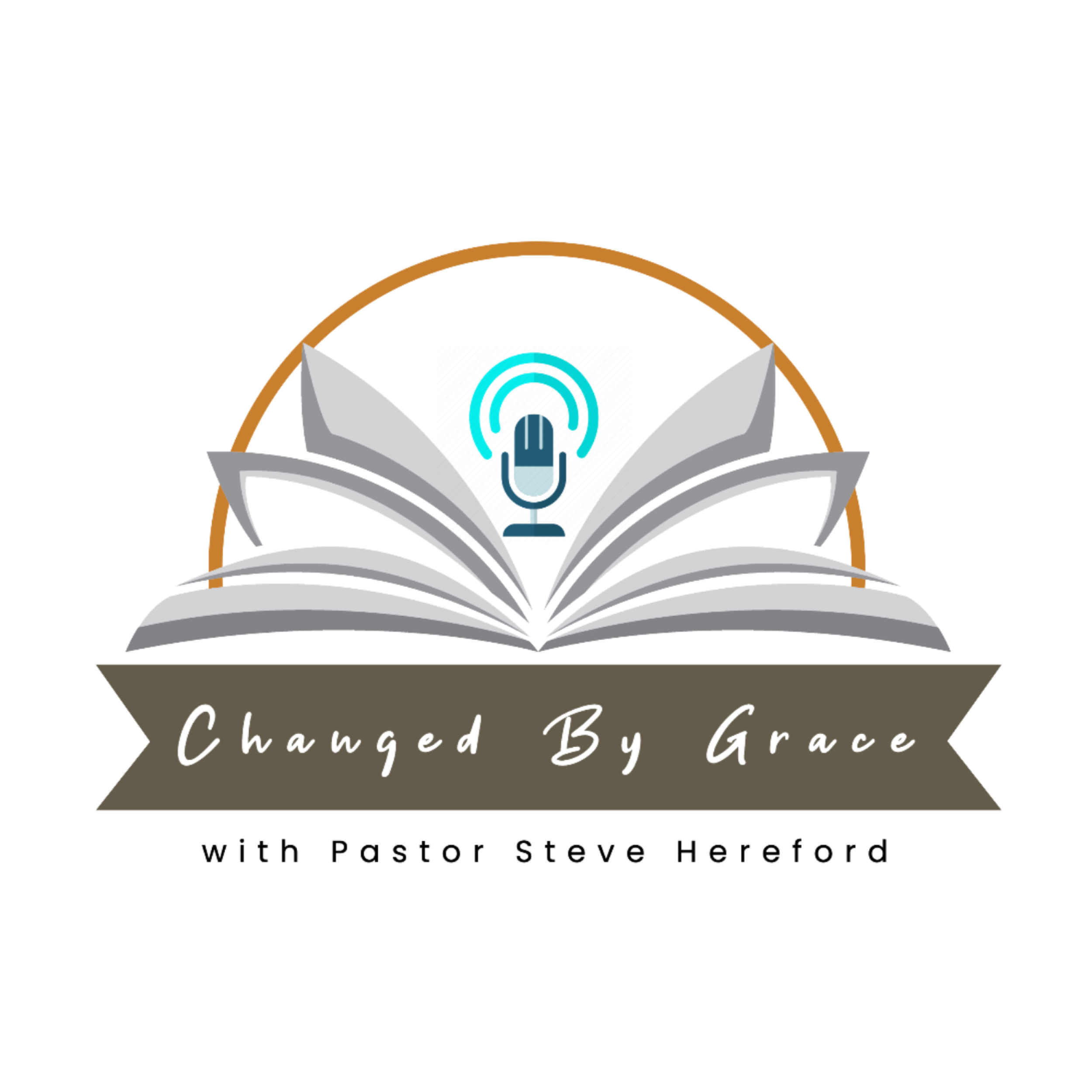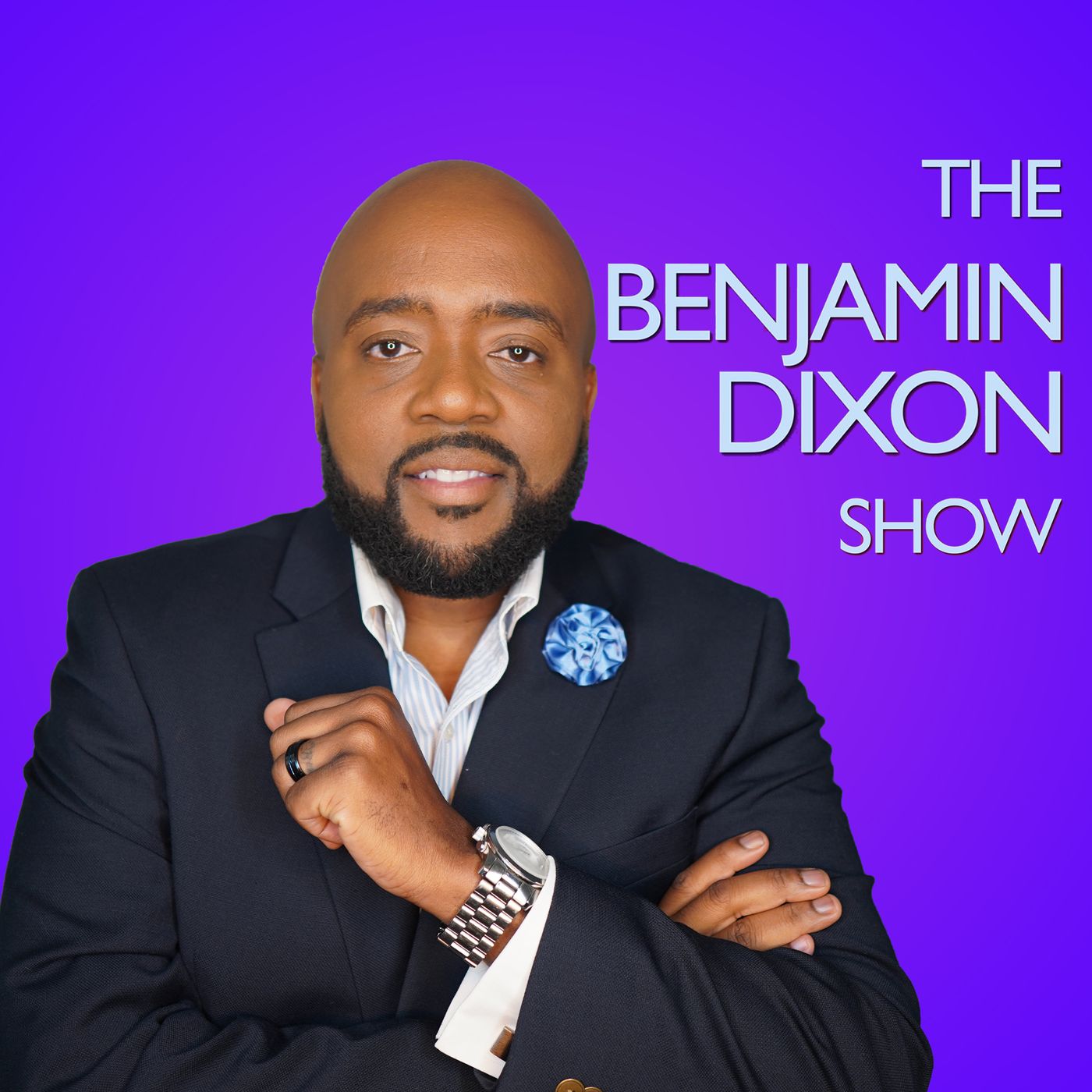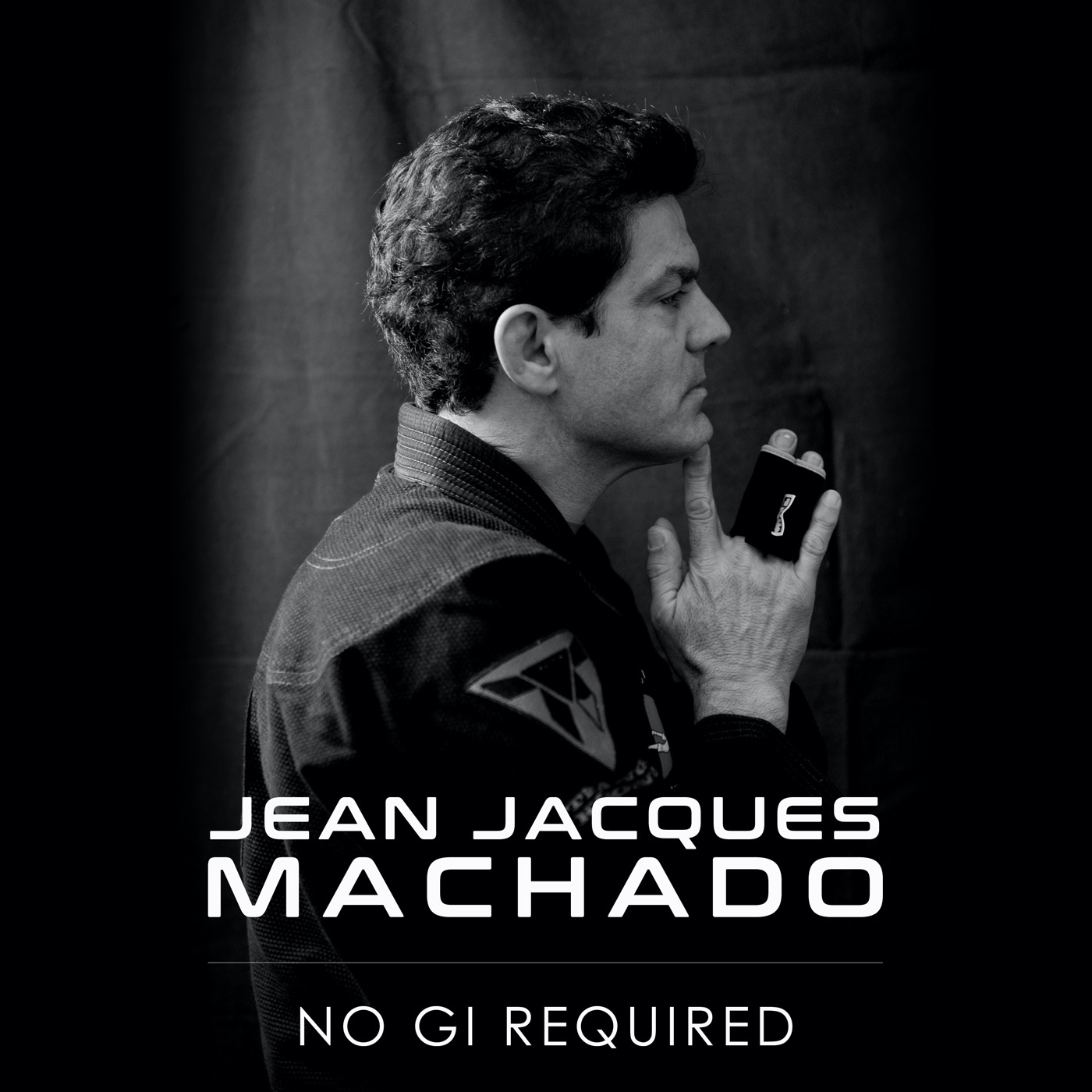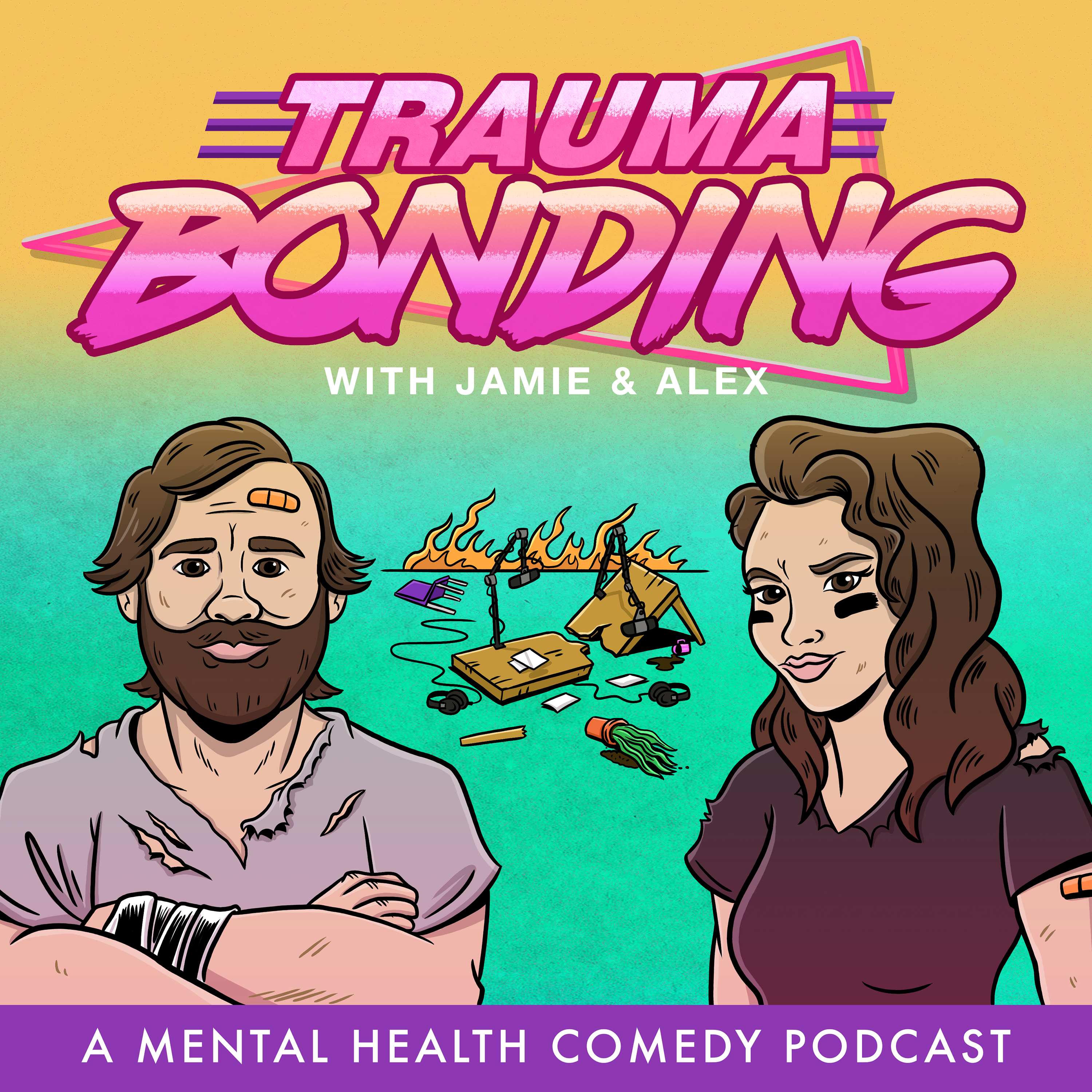
The Darrell McClain show
Independent media that won't reinforce tribalism. We have one Planet; nobody's leaving so let’s reason together!! Darrell McClain is a Military veteran with an abnormal interest in politics, economics, religion, philosophy, science, and literature. He's the author of Faith and the Ballot: A Christian's Guide to Voting, Unity, and Witness in Divided Times. He was born and raised in Jacksonville FL, and went to Edward H white High School,l where he wrestled under Coach Jermy Smith and The Late Brian Gilbert. He was a team wrestling captain, District champion, and an NHSCA All-American in freestyle Wrestling. He received a wrestling scholarship from Waldorf University in Forest City, Iowa. After a short period, he decided he no longer wanted to cut weight, effectively ending his college wrestling journey. Darrell McClain is an Ordained Pastor under the Universal Life Church and is still in good standing as well as a Minister for the American Marrige Ministries . He's a Believer in The Doctrines of Grace, Also Known as Calvinism. He joined the United States Navy in 2008 and was A Master at Arms (military police officer) He was awarded several awards while on active duty, including an expeditionary combat medal, a Global War on Terror medal, a National Defense Medal, a Korean Defense Medal, and multiple Navy achievement medals. While In the Navy, he was also the assistant wrestling coach at Robert E Lee High School. He's a Black Belt in Brazilian Jiu-Jitsu under 6th-degree black belt Gustavo Machado, Darrell Trains At Gustavo Machado Norfolk under the 4th-degree black belt, and Former Marine Professor Mark Sausser. He went to school for psychology at American Military University and for criminal justice at ECPI University.
The Darrell McClain show
The Alaska Summit: Trump and Putin's High-Stakes Diplomatic Dance
At a remote military base in Alaska, two of the world's most formidable figures sit across from each other in a moment pregnant with possibility. President Trump and President Putin's summit marks the first US-hosted presidential meeting with Russia since 1988, unfolding against the bloody backdrop of Ukraine's ongoing war.
Trump arrives projecting confidence, publicly estimating a 75% chance of success while warning of "severe consequences" should talks fail. His goal? To position himself as the ultimate diplomatic dealmaker, with plans for a follow-up meeting including Ukrainian President Zelensky if progress materializes. For Putin, under pressure from Western sanctions and slowing battlefield advances, the summit offers potential relief – though his territorial ambitions remain firm.
The summit's most controversial aspect is Ukraine's absence from the negotiating table. This raises profound ethical questions: can peace be brokered without the direct participation of the nation most affected? European leaders have rallied behind Zelensky, opposing any territorial concessions without Ukraine's consent. Meanwhile, Ukrainians themselves reveal a complex reality – 70% favor a negotiated peace, yet 76% reject giving up territory to Russia.
Beyond the diplomatic chess match, global economic consequences hang in the balance. As a major energy exporter, Russia's status significantly impacts world markets. A constructive deal could drop oil prices by $5 per barrel, while failed talks might push them above $80. Three scenarios now unfold: a partial ceasefire enabling further negotiations, a diplomatic stalemate producing rhetoric but little substance, or collapsed talks that escalate tensions worldwide.
As we witness this historic meeting, one question lingers: will Alaska serve as a bridge between war and peace, or merely a stage for political theater? Subscribe to our podcast for continuing coverage as this pivotal diplomatic moment unfolds.
It has been overtaken by violent gangs and bloodthirsty criminals, roving mobs of wild youth, drugged out, maniacs and homeless people. They love to spit in the face of the police, as the police are standing up there in uniform. They're standing and they're screaming at them, an inch away from their face, and then they start spitting in their face and I say you tell them, you spit and we hit. And we're getting rid of the slums too. We have slums here. We're getting rid of them. I know it's not politically correct. You'll say, oh, so terrible? No, we're getting rid of the slums.
Speaker 3:Let me be crystal clear Crime in DC is ending, and ending today they will be strong, they will be tough, strong they will be tough and they will stand with their law enforcement partners. This is nothing new for DOD. In Los Angeles, we did the same thing.
Speaker 4:I can't touch you if you're 14, 15, 16, 17 years old and you have a gun. They go to family court and they get to do yoga and arts and crafts. Putin.
Speaker 1:I'm going to Russia on Friday, but it's very complex because you have lines that are very uneven and there'll be some swapping, there'll be some changes in land, and the word that they will use is you know, they make changes. They've taken some very prime territory, they've taken largely ocean. You know, in real estate we call it oceanfront property. That's always the most valuable property. If you're on a lake, a river or an ocean, it's always the best property. Well, we're going to have a meeting with Vladimir Putin and at the end of that meeting, probably in the first two minutes, I'll know exactly whether or not a deal can be made.
Speaker 3:We know that Jeffrey Epstein had a lot of connections with left-wing politicians and left-wing billionaires, and now President Trump has demanded full transparency from this, and yet somehow the Democrats are attacking him and not the Biden administration, which did nothing for four years.
Speaker 1:Give us some clarity on this meeting that is reportedly happening or happened last night at the White House about the Epstein files and how you're communicating the Epstein story.
Speaker 3:So I've seen so many different fake reports about this, so let me set the record straight there was no meeting at my house last night. There just wasn't.
Speaker 1:Was there a meeting at the White House?
Speaker 3:We did meet at the White House yesterday, but not at the time that they said that we were going to meet and not about the subject that they said that we were going to meet about.
Speaker 5:Welcome to the Darrell McClain Show. I'm your host, darrell McLean. Independent media that won't reinforce tribalism. We have one planet and nobody is leaving, so let us reason together.
Speaker 5:We are gathered here today to participate in another episode. We are getting older, as I should say. I like to say that, almost creeping up onto episode 500. This is episode 470. So almost there, and let's get into it. So we gather here in the Crossroads, a moment in history, neither of triumph nor of certainty, but of tense possibility.
Speaker 5:Today, at a joint base called M-Dorf Richardson in Anchorage, alaska, two of the world's most formidable figures, president Donald Trump and President Vladimir Putin, will sit down across a table for only the second time in this presidency and the first time on US soil. It is the first face to face meeting in this term and it unfolds and it's a long, dark shadow of a war raging in Ukraine. The world watches. This isn't just another summit. It's the first US hosteded sitting president-to-president meeting with Russia since 1988. Alaska is more than a backdrop. It's a symbol, because it was once Russian territory, now American, a place where geography and history meet. Far from the battlegrounds tearing Europe apart, at the heart of this summit looms the bloody conflict that has consumed Ukraine since 2022. The toll human lives, ruined cities, shattered futures. Europe's stability hangs in the balance. The entire international order teeters on the choices made in these next few hours.
Speaker 5:President Trump arrives buoyed by optimism and strategy. Publicly, he has spoken of a very severe consequences should the talks fail. Yet he estimates failure a probability of just 25 percent in one telling and as high as 75 percent success in another, calling Moscow's willingness to strike a deal of sign of his diplomatic leverage. Of sign of his diplomatic leverage. The president is eager to position himself as a broker of peace, an image he hopes will resonate as the political triumph at home. He has floated the idea of a follow-up trilateral meeting involving Ukrainian President Vladimir Zelensky, contingent on the progress that is made in Alaska. At the same time, president Putin walks into this meeting with his own narrative a leader under pressure both militarily and economically, with Western sanctions biting and a battlefield advance is slowing. There is incentive to seek a reprieve, but he remains firm in his goals, particularly over territories like Donbass or perhaps broader land concessions, which Ukraine and its allies view as unacceptable. The Kremlin's circumspection will define whether Russia uses the summit to deflate international pressure or to buy time for continued aggression under softly shifting diplomatic optics.
Speaker 5:Ukraine is not physically at the table. Zelensky has been excluded, and many say rightly so. His absence is a symbol of the very problem many fear negotiating a country's fate behind its back. Europe, alarmed, has convened emergency meetings to reaffirm that no peace deal should allow territory concessions of Ukraine, especially without Ukraine present. This summit, critics argue, risks legitimizing aggression. Inside Anchorage, public sentiment is equally charged. Ukrainian-americans community holds rallies and prayer services calling both leaders to choose peace and question optics of this interaction.
Speaker 5:Beyond Ukraine, global consequences ripple outward, even when the oil markets, or even to the oil markets, as Russia is a major energy exporter. A construction deal or any form of sanctions relief could flood global markets and depress prices by up to $5 a barrel, buy up to five dollars a barrel. Conversely, failure or further tightening of sanctions might push oil above 80 dollars from the current levels near to 67. This isn't just about diplomatic symbolism. Market economies and strategic alignments are all tuned in. So, um, let's imagine there are three core outcomes unfolding from these 24 hours in Alaska. Either we're going to have one, a partial ceasefire or de-escalation is agreed upon. Green lights for Zelensky to join.
Speaker 5:Follow up summit sanctions begin to ease Oil prices dip, the narrative becomes cautious optimism, with Trump as a peacemaker and Putin saving face Two. It could be no deal but neither outright failure, some rhetoric but no hard commitments. Trump's headlines with progress made, why Putin uses time to regroup, ukraine remains sidelines, markets stagnate and uncertainty breeds. And, of course, talks collapse. Trump's threatened stronger sanctions, europe edges closer to additional measure. Putin doubles down on military gains, oil prices spike and the contours of a new Cold War emerge solidified. Solidified and emboldened.
Speaker 5:In moments like this, it's easy to see grand narratives or grand illusions. Are we witnessing the dawn of a durable diplomatic breakthrough or a mirage of a temporary thaw and a frozen conflict designed to pull the strings of global attention? The ethical questions cut deep. Can peace be negotiated without Ukraine in the room or is diplomacy being wielded to reward aggression and undercut sovereignty? As a citizen, a witness to this unfolding drama, I feel hopeful, yet cautious. Hopeful that the talks, even in preliminary, open channels of de-escalation. Cautious that this moment could be a spectacle with little substance for those bearing the cost, and by that I mean the people that are in Ukraine. So today we stand at the precipice, with President Trump and President Putin meeting in Alaskan snow. Each hand extended could signal peace or portend further fissures in the global conscience, and lives hang in the balance. The world holds its breath as the camera turns on to leaders to speak. May humanity, not just power, dominate their deliberations, and may Alaska, for once, stand as a bridge, not a fault line, between war and peace.
Speaker 6:President Trump hosts his Russian counterpart in Alaska today.
Speaker 1:They have president and he's not going to mess around with them.
Speaker 7:But can Trump convince Vladimir Putin to end the war in Ukraine fairly?
Speaker 6:I'm Michelle Martin, that's A Martinez, and this is Up First from NPR News. Putin was once an international pariah because of Russia's war in Ukraine, but now he's being hosted at a high-stakes peace summit on US soil. How much of an opportunity for diplomatic and economic cooperation with the US does the summit provide and Russia?
Speaker 7:has pushed back against including Ukrainian President Volodymyr Zelensky in peace talks until Moscow and Washington first clinch a deal. What concessions might Ukraine be forced to make? Stay with us. We've got all the news you need to start your day.
Speaker 2:Support for this podcast and the following message come from Strawberryme. Be honest Are you happy with your job? Are you stuck in a job you got grown or never wanted in the first place? Are your reasons for staying really just excuses for not leaving? Let a career coach from Strawberryme help you get unstuck. Discover the benefits of having a dedicated career coach in your corner and claim a special offer at Strawberryme.
Speaker 8:This message comes from Carvana. Explore Carvana's quick and easy financing and browse thousands of car options, all within your budget and timeline. Get pre-qualified now at Carvanacom. Financing subject to credit approval. Additional terms and conditions may apply.
Speaker 2:This message comes from Mint Mobile. If you're tired of spending hundreds on big wireless bills, bogus fees and free perks, mint Mobile might be right for you with plans starting from 15 bucks a month. Shop plans today at mintmobilecom slash switch. Upfront payment of $45 for three-month five-gigabyte plan required. New customer offer for first three months only, then full price plan options available. Taxes and fees extra See Mint Mobile for details. This message comes from NPR sponsor HP. Break language barriers by translating languages in real time with the HP AI PC. With the right tools, work doesn't have to feel like work. More at hpcom slash AIPC.
Speaker 1:President Trump and Russian President Vladimir Putin meet today in Anchorage, alaska, for a high stakes summit aimed at ending Russia's war with Ukraine At least, that's Trump's stated goal and if it's a bad meeting, it'll end very quickly, and if it's a good meeting, we're going to end up getting peace in the pretty near future.
Speaker 6:But Ukrainian President Volodymyr Zelensky was not invited. That meeting, Trump says, could come next.
Speaker 1:All I want to do is set the table for the next meeting, which should happen shortly. I'd like to see it happen very quickly, very shortly after this meeting.
Speaker 7:NPR senior White House correspondent Tamara Keith is in Anchorage Tam. What's expected for this big summit?
Speaker 4:This will all take place at Joint Base Elmendorf-Richardson on the outskirts of Anchorage. The meeting is set to start at 11 am, local time out. Here that's 3 pm on the East Coast. Trump and Putin will first meet one on one, with just the two leaders and their translators. Trump has said he will be feeling out Putin and whether he's serious about ending the war, after numerous phone calls over the past six months that really haven't moved the needle. Next they'll be joined by their advisors for a working lunch, and yesterday the White House said that Trump and Putin will hold a joint press conference.
Speaker 7:Really Okay. So I remember their last joint press conference. That was what in Helsinki, finland 2018, I believe right. I remember it was widely viewed as a bit of an embarrassment for you at the time.
Speaker 4:Yeah, that summit took place as a special counsel was investigating Russian meddling in the 2016 presidential election. That investigation is something that Trump is still raging about. He calls it the Russia Russia, Russia hoax. So, during that joint press conference, Putin denied any election interference and Trump appeared to take Putin's side over that of the US intelligence community. Trump faced incredible backlash at home, among Republicans and Democrats alike, and eventually walked back some of what he said. But now, seven years later, Trump says that summit was a success and he is positioning himself as uniquely able to handle Putin.
Speaker 1:If I weren't president. In my opinion, he would much rather take over all of Ukraine, but I am president and he's not going to mess around with me In 2018, when Trump met with Putin.
Speaker 4:The domestic political stakes for Trump were quite high, but Trump was focused on terrorism and nuclear nonproliferation. Looking back, those were much simpler times. Now Putin is four years into the latest chapter of this war and is testing US and European resolve.
Speaker 7:Oh, for those simpler times, tam, all right. So what does success look like from this meeting today?
Speaker 4:Trump has been all over the map in terms of his expectations for the meeting. He's talked about the need to divvy up territory. That's something that Ukraine's president has opposed. Trump hasn't really been precise in what he wants to see today. Thank you, and a reminder that he has allowed the sale of powerful weapon systems to NATO to help Ukraine and has threatened to punish countries like India for buying Russian oil. Now this meeting leaves an open question of what comes next as Russia makes gains on the battlefield.
Speaker 7:That's NPR's Tamara Keith in Anchorage. Tamara, thanks, you're welcome. And now we have a look at how talks are being perceived in Moscow and from Kiev. Ukrainians are concerned that not being included in the summit will force the country to make concessions.
Speaker 6:And although Russian President Vladimir Putin was once an international pariah because of the war, the Kremlin is portraying the summit as an opportunity for economic cooperation with the US.
Speaker 7:We'll be talking to our reporters who are covering this event, starting with Charles Maines, who joins us now on the line from Moscow. Charles, all right, what's the latest from Russia?
Speaker 9:Yeah, good morning. You know Vladimir Putin is on his way to Alaska. He's currently out in Russia's Far East, in Magadan. The Kremlin says he'll visit a memorial in Fairbanks that pays tribute to US Soviet cooperation during World War II. Before the summit no doubt tapping into symbolism from the past and time is something to pay attention to. Today, Due to a quirk of the international dateline, in other words to time zones, it's already Friday evening in Russia's Far East, but when Putin leaves Russia and heads across the Bering Strait and into the US.
Speaker 7:it will be Friday morning in Alaska. So a bit of time travel, a nice trick if you can pull it off, yes, it does. Now let's turn to the summit itself. What do we know about Vladimir Putin's approach to the talks?
Speaker 9:Well, you know, keep in mind that just a week ago Putin faced this Trump ultimatum to stop the war by, and he had this message for Trump as well. So here Putin says he's grateful to Trump and his administration for their energetic and sincere efforts in the conflict in Ukraine, and he suggested that the Alaska talks might also focus on strategic security, in other words nuclear arms control. And what should we make of that? Well, you know, progress on arms control is a good thing, particularly given the looming end of the New START treaty. This is the last major arms control deal between the US and Russia, which expires in early 2026. But this gesture it came after Trump resurfaced economic threats on Russia if this Alaska summit doesn't make progress on Ukraine. So it seems to be Russia tempting Trump with agreements beyond the Ukraine issue. A nuclear deal would seem to appeal to Trump's desire to be seen as a global peacemaker and for Russia, you know, it certainly gives the Alaska summit a Cold War tableau. The superpower is back at the negotiating table for nuclear issues Again, Putin traveling back in time.
Speaker 9:Now. Are there any other areas where we might see deals getting made? Well, the Kremlin aide, Yuri Shchukhov, says this huge untapped potential of US-Russian economic cooperation is also on the docket. So Russia clearly appealing to the businessmen and Trump. Russian officials have suggested that might include mineral deals, in particular, joint investments in the Arctic. We'll have to see, but you know, it would make sense to have some agreed upon deliverables, you know, given the more unpredictable nature of the Ukraine issue.
Speaker 7:So, speaking of Ukraine, let's go back to Ukraine for a second.
Speaker 9:Any reason to think progress can be made. Well, no one thinks this war will end tomorrow. That said, moscow may not want Trump to leave entirely impended from Anchorage. One area where we may see some dealmaking is a partial ceasefire on air attacks. This would allow Trump to legitimately say look, this saves lives from Russian bombs which it would, but it would also neutralize a key aspect of Ukraine's ability to punch back, namely with drones that can attack deep inside Russia, which, again, they did this morning.
Speaker 7:All right, that's NPR's Charles Mains in Moscow. Thank you very much, charles. Thank you.
Speaker 6:Let's get the view from Ukraine. Now We'll go to Greg Myrie for this. He's in the capital of Kiev. Greg, good morning.
Speaker 10:Hi Michelle.
Speaker 6:So you've been talking to Ukrainians about the summit. What are they telling you?
Speaker 10:Well, you can really boil it down to two basic responses. Response number one is that nothing substantive will come out of this summit. They Putin is still fully committed to the war and won't agree to a real ceasefire, let alone an end to the conflict, so they expect the fighting to continue. Ukrainians who think this way include Olena Humeynuk. She's 46 and works in construction. I spoke with her in central Kyiv. So she's saying that she thinks it's another waste of time that will produce no results. And then she goes on to say she thinks negotiations are possible, but they have to include Ukraine. And I'll just add, michelle, russia fired nearly 100 drones at Ukraine overnight. Six civilians were killed, more than a dozen injured, according to Ukrainian officials. Ok, so a lot of people.
Speaker 6:you spoke with. Don't think this will go anywhere. What else are you hearing?
Speaker 10:Well, there are some Ukrainians who fear that Putin and Trump might reach some sort of arrangement and then Ukraine will face pressure to accept it. Even though Ukraine isn't present at the talks, ukrainians don't know exactly what that might be. This summit has been cobbled together very quickly. The leaders aren't working off a clear and specific agenda. Trump says he just wants to hear Putin out and then decide what to do next. So the concern is Putin will make some very limited proposal, a partial temporary ceasefire. Our colleague Charles Maines just described one possibility that might sound like a nice gesture but wouldn't address the core issues that could end the war.
Speaker 6:Have Ukrainians been able to do anything to prepare for this kind of outcome?
Speaker 10:So President Volodymyr Zelensky has been in Europe rallying support for Ukraine. European leaders are staunchly backing Zelensky, saying no deals can be reached without Ukraine's full participation. Zelensky and the Europeans have been talking to Trump by phone in the past week or so, so they've been able to make their case and they've tried to warn him against what Putin might try to do. Also, trump says he would like to see a follow-up meeting that would include Zelensky. So whatever comes out of Alaska, ukraine hopes it will have a chance to lobby afterwards, before any decisions might get made.
Speaker 6:Greg, before we let you go, Russia launched its full-scale invasion three and a half years ago. Are you seeing any change in opinion in Ukraine as this war drags on?
Speaker 10:Yeah, michelle. We've seen two interesting polls this month. A Gallup poll asked Ukrainians if they now favored and negotiated into the war. Right around 70% said yes they would. But a poll by the Kiev International Institute of Sociology asked Ukrainians if they would accept giving up territory that Russia now holds. Seventy-six percent said no. This is not acceptable and, michelle, this may sound contradictory, but it does make sense. When you speak to Ukrainians, they tell you they are exhausted by the war and the longer it goes on, the more willing they are to negotiate and perhaps make concessions. But most have not reached the point where they're ready to give up the roughly 20 percent of their territory that Russia controls. That is.
Speaker 6:NPR's Greg Myrie in Kiev, ukraine's capital. Greg, thank you, sure thing, michelle.
Speaker 7:And that's a first for Friday August 15th. I'm Ian Martinez.
Speaker 10:And I'm Michelle Martin.
